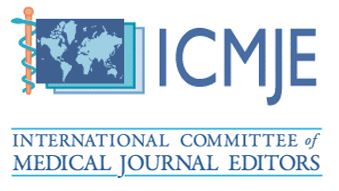The Effectiveness of Group Training in Positive Parenting on Mother-Child Relationships and Symptoms of Attention Deficit Hyperactivity Disorder in Children
Keywords:
Positive parenting, Attention Deficit Hyperactivity Disorder, mother-child relationships, randomized controlled trial, group trainingAbstract
Background and Aim: The objective of this study was to evaluate the effectiveness of group-based positive parenting training on mother-child relationships and symptoms of Attention Deficit Hyperactivity Disorder (ADHD) in children. Methods: This study was conducted as a randomized controlled trial. Participants included 30 mothers from the city of Shiraz, who had children with ADHD symptoms. The participants were randomly assigned to either an experimental group (15 participants) or a control group (15 participants). The experimental group participated in 10 sessions of positive parenting training, while the control group received no training. Follow-ups were conducted five months after the end of the training. Data were analyzed using repeated measures ANOVA and Bonferroni post-hoc tests with SPSS version 27. Results: The results showed that the mean mother-child relationship score in the experimental group was 45.67 with a standard deviation of 3.21, and in the control group, it was 40.23 with a standard deviation of 4.12. Additionally, the mean ADHD symptom score in the experimental group was 32.45 with a standard deviation of 2.87, and in the control group, it was 38.56 with a standard deviation of 3.65. ANOVA analysis indicated a significant difference between the experimental and control groups in both mother-child relationship and ADHD symptoms (F(1, 28) = 12.89, p = .001). Bonferroni post-hoc test results also showed significant mean differences between the experimental and control groups for mother-child relationships (mean difference = 5.44, p = .002) and ADHD symptoms (mean difference = -6.11, p = .001). Conclusion: This study demonstrated that group-based positive parenting training significantly improved mother-child relationships and reduced ADHD symptoms in children. These findings suggest that such training can enhance the quality of life for children with ADHD and their families.
Downloads
Downloads
Published
Issue
Section
License

This work is licensed under a Creative Commons Attribution-NonCommercial 4.0 International License.








































